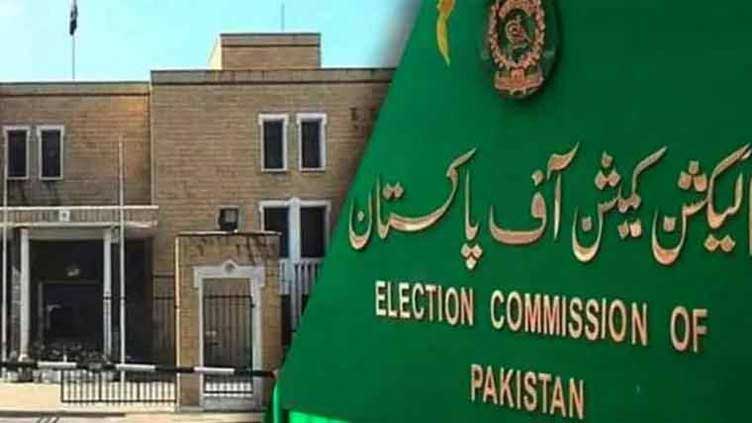Expressing commitment to implement top court recent’ verdict on reserved seats for Pakistan Tehreek-e-Insaf candidates in letter and spirit, Election Commission of Pakistan (ECP) directed its legal team to point out any impediment in execution of the verdict so that it may approach Supreme Court for guidance in the matter.
Issuing a press release on Friday the ECP rejected a political party criticism on Chief Election Commissioner (CEC) and members of the Commission terming demand of resignation form the Commission members as ridiculous saying the Commission will perform its duties in adherence to Constitution of Pakistan without fear and favour.
A week ago, Supreme Court (SC) has declared Imran Khan’s Pakistan Tehreek-e-Insaf (PTI) eligible for seats reserved for women and minorities in national and provincial assemblies in result of general elections held in February 8, 2024 instead of 2023.
The ECP took decision a meeting held for the second successive day as Thursday’s huddle remained inconclusive. The CEC Sikandar Sultan Raja chaired the meeting where every dimension of the SC verdict was discussed in detail.
Issuing a press release soon after deliberations in the matter the ECP stated that the CEC has directed the Commission’s legal team to take into account imperative to act on the apex court’s decision.
THURSDAY’S MEETING:
Legal team briefed top brass of the ECP during a meeting on Thursday about top the SC verdict in the matter which was announced on July 12,2024.
Earlier, the Supreme Court overturned the Peshawar High Court’s verdict of depriving the PTI of reserved seats of non-Muslim and women candidates in assemblies. The apex court, in its majority 8-5 decision, announced that the conduct of the Election Commission regarding reserved seats was ‘unconstitutional’, adding that the PTI would remain intact as a political party even without being assigned an election symbol.
It is likely that the PTI would get 65 out of 77 reserved seats. Of the 77 seats, 22 are of the National Assembly while 55 are of the provincial assemblies.





